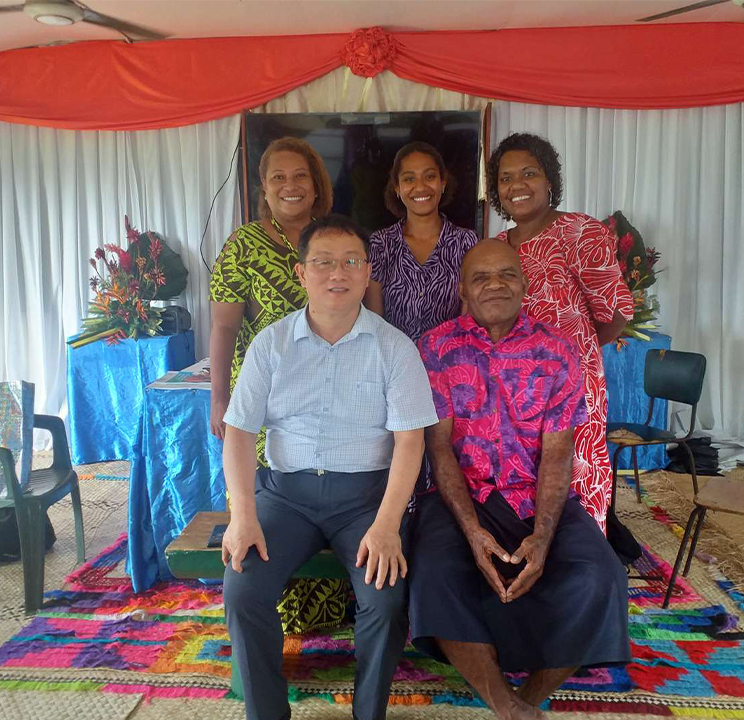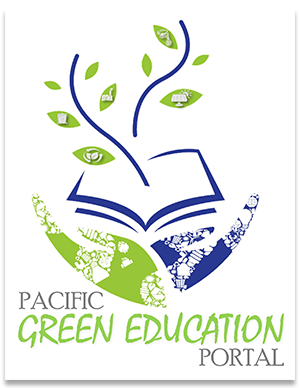The project aims to target the following groups:
- Local Government officials (Sub-national, provincial, district, towns, wards, etc)
- Traditional/community leaders (village, religious, women, youths, other vulnerable group leaders)
- Small business (community road side vendors, shops, cooperatives, private sector leaders, potential entrepreneurs)
- Local Technicians (existing or those interested to become technicians or enter technical fields, those with mechanical/electrical aptitude)

The traditional community and local government structures vary from country to country and the nature of the precise intervention in each country was determined by the project’s choice of communities in which it has implemented the project.

Indirect beneficiaries / other Stakeholders:
- The localities and communities being led by those trained with indirectly benefit from improved leadership for green economy and renewable energy initiatives. Therefore indirect beneficiaries are estimated at 300,000, evenly split between men and women.
- Ministries responsible for Green Growth, National Planning, Energy, Local government, Women’s Affairs and Indigenous affairs and Ministry of Education will be indirect beneficiaries as the training materials will also be available to them and they will interact with the main target groups under direct beneficiaries
- Stakeholders interested in green growth and renewable energy in the Melanesian and the broader pacific islands and SIDS will also be indirect beneficiaries as the training materials developed, the experience in green growth and renewable energy of the communities, and the lessons learnt will be shared online and will be available during and after the project finish.
Indirect beneficiaries such as the Ministries responsible for national planning, climate change and energy, local government and indigenous affairs are important seeing that these Ministries are ultimately responsible for planning and are directly involved in implementing development policies and renewable energy projects that would transform the country’s economy. Further, the Ministry of Education will benefit from the content and training materials developed. It is also important to note that the structures will be different in each country and the project team will identify the most relevant ministries to work within each country at the outset of the project. The national institutions will have an input into the training materials developed, thus this would ensure this is in line with, and supportive of, national plans for economic growth, national development and renewable energy.

